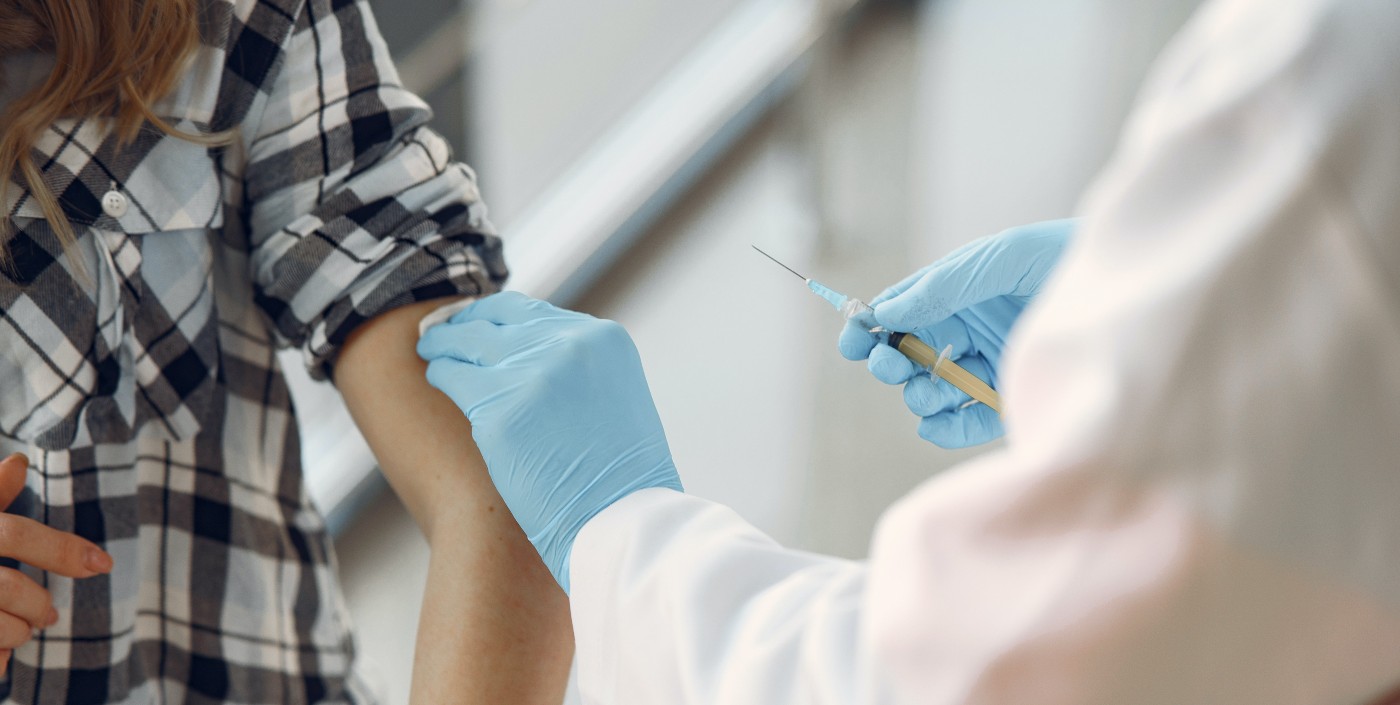The human papillomavirus (HPV) vaccine reduces cervical cancer rates by 87% in women who were offered the jab between the ages of 12-13, confirms a new study.
Researchers at King’s College London have found the HPV vaccination program prevented around 450 cervical cancers and around 17,200 pre-cancers by the middle of 2019.
They also found cervical cancer rates were reduced by 62% in women offered vaccination between the ages of 14-16, and 34% in women aged of 16-18 when they were offered the jab.
The paper, funded by Cancer Research UK, looked at all cervical cancers diagnosed in England in women aged 20-64 between January 2006 and June 2019.
Three of these cohorts formed the vaccinated population, where women were vaccinated with Cervarix between the ages of 12-13, 14-16 and 16-18 respectively.
Incidences of cervical cancer and non-invasive cervical carcinoma (CIN3) in the seven populations were recorded separately.
The vaccine program started in England in 2008 and at the time used the bivalent vaccine, Cervarix, which protects against the two most common types of HPV. Since September 2012 the quadrivalent vaccine Gardasil has been used instead.
Almost all cervical cancers are caused by HPV. The vaccine is most effective when given before sexual activity when people are unlikely to have been exposed to HPV. The virus is linked to other cancers including vaginal, vulval, anal, penile, and some head and neck cancers.
He added, “Assuming most people continue to get the HPV vaccine and go for screening, cervical cancer will become a rare disease. This year we have already seen the power of vaccines in controlling the COVID-19 pandemic. These data show that vaccination works in preventing some cancers.”
MORE: Australia May Become First Country to Eliminate Cervical Cancer – Rate Drops From 22% to 1%
Dr Vanessa Saliba, Consultant Epidemiologist in Immunisations at Public Health England, said, “These remarkable findings confirm that the HPV vaccine saves lives by dramatically reducing cervical cancer rates among women. This reminds us that vaccines are one of the most important tools we have to help us live longer, healthier lives.
RELATED: Anti-Cancer Drug Derived From Himalayan Fungus Clears Early Clinical Trials
“This fantastic achievement has been made possible thanks to the high uptake of the HPV vaccine in England. We encourage all who are eligible for the HPV vaccine to take it up when it is offered in school. All those eligible can catch-up until their 25th birthday. Together with cervical screening, this will help to protect more women from preventable cases of cervical cancer.”
The breakthrough study was published this month in Lancet journal.
Source: King’s College London
CURE Those Feeds of Bad News; Share the Good…




















